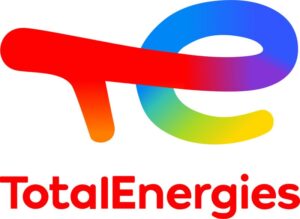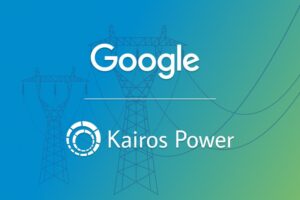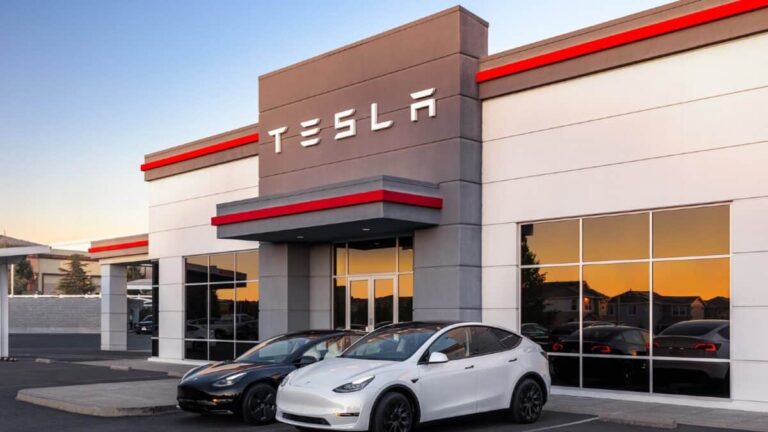
Image source: Getty Images
The FTSE 100 is not traditionally associated with high-growth tech stocks. But then again there many ways investors can get into the AI space beyond chip manufacturers or the large cloud-service providers hosting infrastructure in large data centres (known as hyperscalers).
The innovation of the internet eventually placed the world’s knowledge quite literally in the palm of an individual’s hand. But with the pace of technological change accelerating and the half-life of a learned skill continuing to shrink, the only factor that keeps an individual competitive in today’s world is to be a lifelong learner.
This is the unique selling point of Pearson (LSE: PSON), which can trace its roots back nearly 200 years. Today, it’s a multi-media giant that offers education and learning materials to schools, colleges, universities and organisations. It’s also a pre-eminent provider of English language learning.
H1 results
Today (1 August) the stock surged 5% in early trading on the back of a solid set of results. Both revenue and operating profit was up 2%, and free cash flow surged to £156m. It also hiked the interim dividend by 5% and is halfway through a £350m share buyback programme.
The company’s biggest division, assessment and qualifications, won several new contracts. It also renewed a number of key contracts with US schools for the supply of testing materials at primary and secondary level.
The company continues to invest heavily in integrating AI across its study materials. For example, through its partnership with Amazon Web Services, it recently launched an AI-powered GCSE Exam Practice Assistant.
Changing world
The world of education is changing at break-neck speed. Traditional education systems that have existed since Victorian times, look increasingly out-of-date. It’s a similar story in the world of work.
We’re still very much in the foothills of the AI revolution. Its true transformative nature is yet to unfold. But what’s becoming increasingly obvious is that the technology is already leading to the displacement of many roles, through automation.
In short, people will need to become better learners, if they’re going to make themselves relevant. Learners at school will need to be equipped with the skills that make them employable, and adults will need to learn to unlearn old habits before acquiring new skills.
People talk about the AI arms race. I think it’s more appropriate to call it the skills and knowledge race. And the stakes for economies and society couldn’t be bigger.
Risks
Ironically, content generation through AI could be the biggest risk for Pearson. Its key relationships with institutions of all kinds are built upon proprietary intellectual property. But if its offerings don’t sufficiently differentiate themselves from what I’s freely available, then long-term revenues could decline.
Big tech is increasingly turning to Pearson to roll out talent management programmes. Today, it partners with AWS, Microsoft and ServiceNow in a number of different ways. For example, as the hyperscalers continue to invest billions of dollars in data centres, their engineers are working with the learning provider on the development of its own AI product suites.
I have long admired Pearson. It may not be the best-known name out there but its products most certainly are. I view it as a novel way to gain exposure to AI and is a stock investor may consider looking further into.









